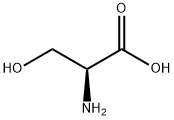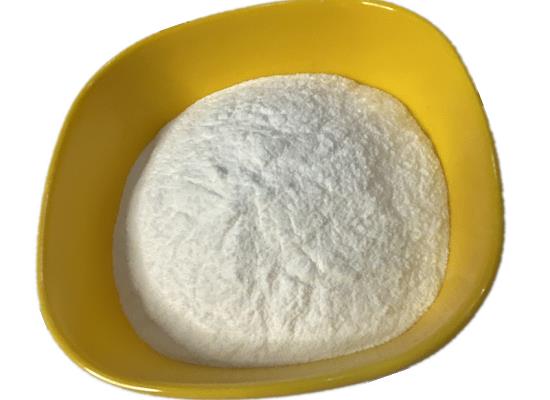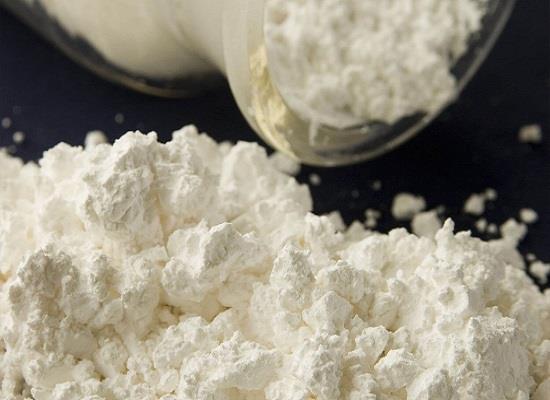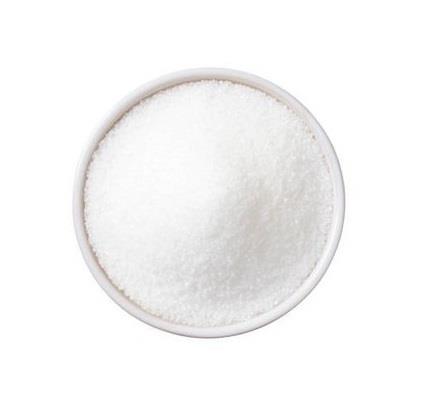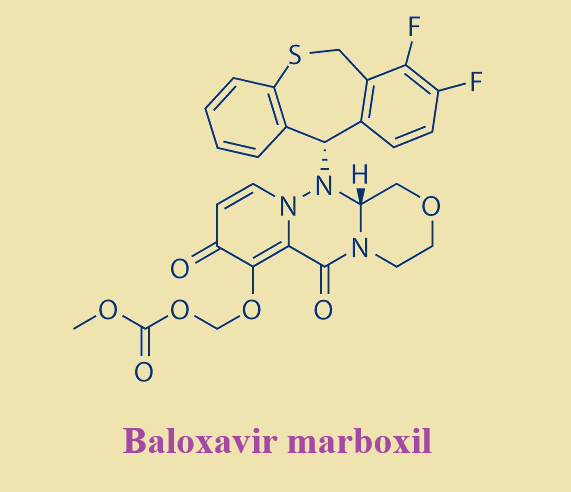L-Serine: Sources and Benefits
L-Serine is a non-essential amino acid with a variety of pharmacological effects, such as neuroprotective, antidiabetic and antitumor effects. Serine is available in two forms: L-serine and D-serine. L-serine is a precursor of glycine and D-serine, which are important for excitatory glutamatergic neurotransmission. D-serine is involved in long-term potentiation and synaptic plasticity, while glycine acts on extrasynaptic NMDARs. L-serine is mainly produced in glial cells (especially astrocytes) and converted to D-serine by serine racemase.

L-serine has been reported to have therapeutic effects on primary disorders of serine metabolism, diabetic neuropathy, hyperhomocysteinemia and amyotrophic lateral sclerosis. Studies have also found that L-serine and its metabolites, especially D-serine and phosphatidylserine, can be used to treat kidney disease, central nervous system damage, and a variety of neurological and psychiatric diseases.
Sources
L-Serine can be obtained from food or human metabolism, but generally in certain diseases, humans cannot synthesize sufficient amounts of L-serine, so additional supplementation is needed to maintain normal levels. Foods rich in serine include:
Meat (beef, chicken and pork)
Fish (salmon, tuna and cod, especially shellfish)
Legumes (soybeans, chickpeas and lentils)
Dairy products (milk)
Nuts (especially peanuts, almonds and walnuts)
Grains (wheat and oats)
Eggs
Candy
Fruits
Benefits
Neuroprotective effect
L-Serine is an indispensable neurotrophic factor. It plays a vital role in protein synthesis, cell proliferation, development and sphingolipid formation in the central nervous system. It works by activating glycine receptors and upregulating PPAR-γ, resulting in neurotransmitter synthesis, neuroprotection and anti-inflammatory effects. Studies have shown that L-serine shows potential as a protective agent for various neurological diseases and neurodegenerative diseases.
Reduce the incidence of autoimmune diabetes
Increasing evidence suggests that L-serine plays an important role in the development and progression of diabetes and its associated complications, with L-serine positively correlated with insulin secretion and sensitivity. L-serine metabolism is altered in patients with type 1, type 2, and gestational diabetes, and L-serine supplementation improves glucose homeostasis and mitochondrial function and reduces neuronal death. In addition, L-serine reduces the incidence of autoimmune diabetes in NOD mice. The U.S. Food and Drug Administration (FDA) generally recognizes dietary supplementation of L-serine as safe (GRAS).
Antitumor effects
In many cancer cells, serine can be taken up from the circulation or synthesized via the serine synthesis pathway (SSP). We recently found that luminal breast tumors are serine-deficient due to lineage-specific silencing of the SSP gene PSAT1, resulting in luminal breast cancer cells being sensitive to serine deficiency both in vitro and in vivo. Currently, the only way to reduce tumor serine availability in vivo is through dietary serine starvation, which reduces circulating serine levels by approximately 50% in mice and has been shown to inhibit growth in multiple mouse cancer models.
To circumvent some of the barriers associated with dietary serine starvation, researchers have developed a therapeutic serine-degrading enzyme. The enzyme, eSDH, is based on human serine dehydratase, which promotes the irreversible deamination of serine in a pyridoxal phosphate-dependent manner to produce pyruvate and ammonia. Relative to wild-type serine dehydratase, eSDH has significantly improved stability in serum and enhanced activity towards serine. Injection of eSDH into mice is well tolerated and can achieve long-term, almost complete (>95%) reduction in circulating serine levels without requiring dietary changes. Importantly, eSDH treatment inhibits the growth of serine-auxotrophic cancer cells in vitro and in vivo. However, this approach currently lacks clinical validation.
References:
[1] HOLE?EK M. Serine Metabolism in Health and Disease and as a Conditionally Essential Amino Acid[J]. Nutrients, 2022. DOI:10.3390/nu14091987.[2] SOE MAUNG MAUNG PHONE MYINT L Y S. L-serine: Neurological Implications and Therapeutic Potential.[J]. Biomedicines, 2023, 11 8. DOI:10.3390/biomedicines11082117.
[3] LAURITS J. HOLM ?Karsten B. L-serine: a neglected amino acid with a potential therapeutic role in diabetes[J]. Apmis, 2019, 127 10: 653-695. DOI:10.1111/apm.12987.
[4] RAWAT V, ZHAO H, MASHOURI L, et al. Abstract 6608: Therapeutic enzyme depletion of L-serine for the treatment of serine auxotrophic tumors[J]. ACS Chemical Health & Safety, 2024, 15: Page 5185 to 5588. DOI:10.1158/1538-7445.am2024-6608.
You may like
Related articles And Qustion
See also
Lastest Price from L-Serine manufacturers

US $0.00-0.00/kg2025-05-12
- CAS:
- 56-45-1
- Min. Order:
- 1kg
- Purity:
- 99%min
- Supply Ability:
- 10 tons

US $0.00/Kg/Drum2025-04-21
- CAS:
- 56-45-1
- Min. Order:
- 1KG
- Purity:
- 98.5%-101.5%
- Supply Ability:
- 10 TONS
